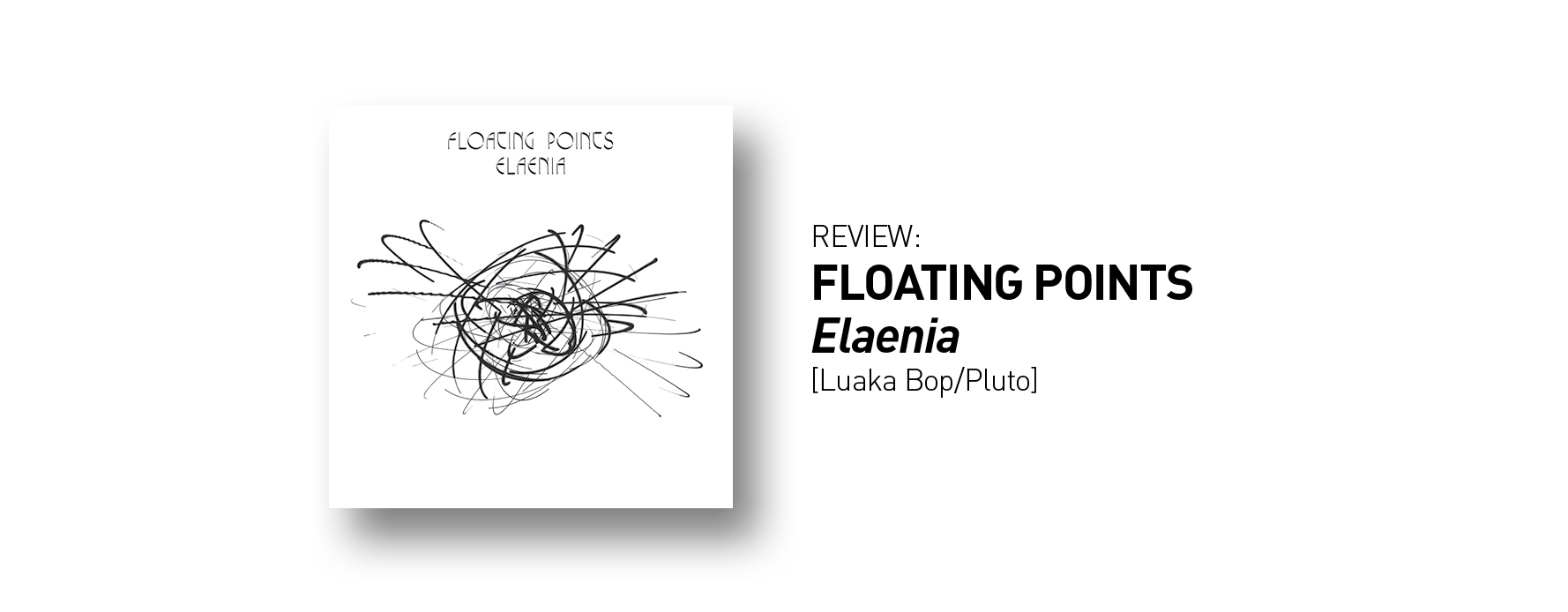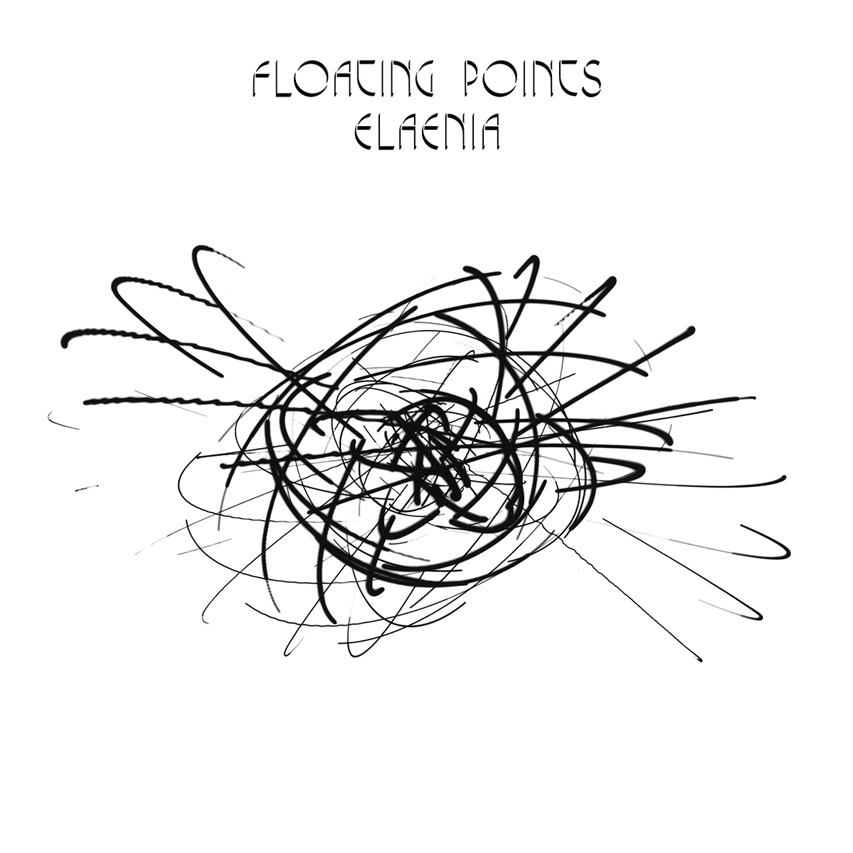Floating Points: Elaenia
 Thirsty for JUICE content? Quench your cravings on our Instagram, TikTok and WhatsApp
Thirsty for JUICE content? Quench your cravings on our Instagram, TikTok and WhatsApp

Text Faizal Nafis
Decidedly ‘Electronic Jazz’
So here we are, a Floating Points album, which in the world of house and techno is pretty big news. His first release in 2009 immediately got the attention of Giles Peterson, and from there, the 29-year-old dance music wunderkind – whose real name is Sam Shepherd – went on to release a dozen or so highly sought after releases mostly under his own label Eglo. Shadows EP was amongst the best dance music released in 2011, while Vacuum EP, ‘Wires’, and last year’s big hits ‘Nuits Sonores’ and ‘King Bromeliad’ were just as good. Yes, Floating Points has become one those names that are “buy on sight”, but if you are expecting an album full of deep astral dance cuts that he is known for, then you will be in for a slight disappointment because new album Elaenia is decidedly an electronic jazz album.
But here’s the thing, Shepherd’s music has always been jazzy in one way or another, be it through its shuffling jaunty beats, the frequent hard turns and freeform arrangements, or its use of smoky lingering undertones. Shepherd’s work has been littered with jazz references, just look at the use of Pharoah Sanders in his famed ‘Plastic People’ mix or the sampling of Sun Ra on his track ‘For You’ – or even as a renowned DJ casually dropping Debussy at peak time at an underground club. As an extension to his work, the album merely presents the expected unexpected, a logical progression that makes full use of his classical music training while satisfying a need to make music that is more expressive. There’s in fact a precedent to the idea of releasing a jazz album, his work with Floating Points Ensemble – a 16-piece group, which was released on Ninja Tunes – although slightly underdone, is also of the same vein.
Okay, if a jazz album is not for you, please also note that Elaenia still retains the feel of a Floating Points release. The album maintains the contemplative mood of his previous records mainly through the use of foreboding deep ends and the usual intricate bottomless layering of sounds. Natural timbres of orchestral instruments and harmonics of exquisite synths are used to create conflicting tensions and tortuous build-ups. Every element sounds carefully constructed. When listening to the album you could imagine the many long nights and the five years it took Shepherd to finish the album. Live drum patterns – another hallmark of a Floating Points record that is also there – are utilised, but this time with the help of Tom Skinner who’s recorded with Jonny Greenwood and Mulatu Astatke. You could even say that parts of the album sound Radiohead-esque, but that’s a lazy remark; Elaenia unmistakably sounds like Floating Points.
‘Nespole’ starts the first passage of the album. Gurgling bass lines and soaring notes take turns to be the lead in the mix. Here, we need to comment on the excellent sequencing of the album. The album needs to be listened to as a whole. Tracks are mostly segued using ambient noise and sounds of analogue transmitters, but a cinematic Godard-styled split second cut into the second track lends to a sense of suspense and anxious vulnerability, leaving hanging question marks, for the meticulous nature of the album is betrayed by something that sounds intentionally unfinished but yet imperfectly human. The sprawling ‘Silhouette’ is the pick of the album. Free-jazz percussions are interspersed with random Fender notes, backing vocals are used as instruments, the midway drop in the song makes for an elegant shift of pace – a beautiful detour. Somehow we could imagine this being played by Shepherd between booming club tracks to elicit an emotional response. ‘Elaenia’, the title track, starts the second passage of the album and represents the restrained calmness before an uncertain journey or that quintessential 10pm drive on the way to a big night out. ‘Argenté’ and ‘Thin Air’ are solid arpeggiator workout with the latter mimicking the stems to ‘Montparnasse’ – only this time it has a conventional ending.
Shepherd judged the length of the album about right at the relatively short 43 minutes, although it could do without the weakest link on the album, ‘For Marmish’. However, the last track on the album, ‘Peroration Six’, is another highpoint of the album that ends with an almost accidental-sounding jarring cut, as if to ask, “Where do we go from here?” Well, the obvious answer is a remix package meant for the dancefloor, so that dance heads who were disappointed with the direction of Elaenia will go back to the album seeing the full purpose and intention behind the idea.
![]()

 Get Audio+
Get Audio+ Hot FM
Hot FM Kool 101
Kool 101 Eight FM
Eight FM Fly FM
Fly FM Molek FM
Molek FM